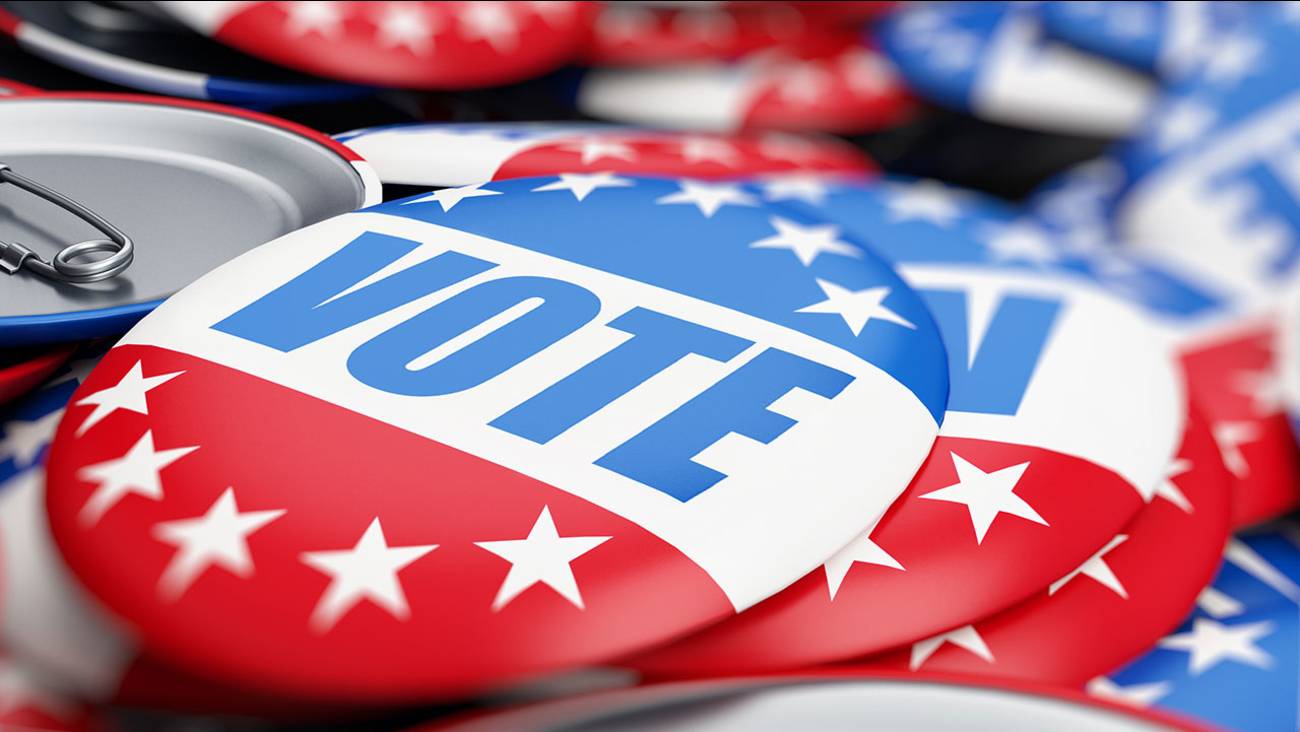
Election integrity is imperative in safeguarding our constitutional republic.
The constitutional republic is built upon the fundamental principle of ensuring the rights of individuals and upholding the rule of law. As staunch advocates of liberty and the principles enshrined in our Constitution, I, find it imperative to address the crucial matter of maintaining the integrity of our electoral processes.
Elections are the cornerstone of a government that is representative of the people. They serve as the means through which citizens exercise their sovereignty, ensuring that their voices are heard and their will is manifested. However, the effectiveness of this cherished system depends on its unwavering integrity, which protects it from any corruption or manipulation that may undermine its very essence.

I firmly believe that a steadfast commitment to election integrity is indispensable for preserving the strength and vitality of our constitutional republic. The integrity of the electoral process rests upon several fundamental principles: transparency, accountability, and universal access. These principles are not mere abstract ideals but essential safeguards that protect the will of the people.
Transparency in elections is vital to expose any potential fraud or undue influence. By establishing clear guidelines and regulations for the entire electoral process, including voter registration, ballot distribution, and counting procedures, citizens can have confidence that their votes will be accurately recorded and fairly considered. Transparency also encompasses providing public access to information regarding campaign financing, enabling citizens to understand the financial forces that may impact the political landscape.
Accountability is equally crucial. Those entrusted with the administration of elections must be held responsible for executing their duties fairly and impartially. Independent election commissions or boards should oversee the electoral process to ensure its nonpartisan nature. This helps prevent conflicts of interest or biases that could compromise the integrity of the process. Additionally, robust systems of checks and balances, such as audits and verifiable paper trails, can be implemented to maintain the integrity of electronic voting systems.
Universal access to the ballot box guarantees that every eligible citizen has an equal opportunity to participate in the democratic process. Throughout history, we have witnessed the struggles against voter discrimination and suppression, which highlight the importance of safeguarding this principle. Measures must be taken to eliminate barriers that disproportionately affect marginalized communities, such as restrictive voter identification requirements or limited polling locations. Expanding access to early voting, absentee ballots, and voting by mail can provide greater flexibility, accommodating the diverse circumstances of citizens while ensuring security.
Preserving election integrity demands constant vigilance and a commitment to the principles that underpin our constitutional republic. Citizens must remain informed and engaged, actively participating in the electoral process to ensure its proper functioning. Political leaders, too, bear the responsibility of championing election integrity, prioritizing the preservation of our constitutional ideals over partisan gains.
Technological advancements can both enhance and pose challenges to election integrity. While electronic voting systems offer efficiency and convenience, they require robust security measures to prevent hacking or tampering. Advanced encryption, multi-factor authentication, and regular vulnerability testing can mitigate risks and enhance the integrity of electronic voting. Additionally, ensuring the transparency and accountability of technology vendors involved in the electoral process is vital.
Education and civic awareness should be prioritized to empower individuals with the knowledge necessary to safeguard their own rights and the democratic institutions upon which their freedom relies. Civic education programs, spanning from primary schools to adult learning initiatives, can cultivate an informed citizenry that understands the importance of election integrity and actively engages in the democratic process. Promoting media literacy and critical thinking skills is also crucial to combat the dissemination of misinformation and disinformation that may seek to undermine elections.
The significance of election integrity cannot be overstated. It serves as the bedrock of our constitutional republic, bearing testament to the collective will and wisdom of the people. Transparency, accountability, and universal access must remain steadfast principles guiding the electoral process. I urge all citizens to protect and defend these principles, for in doing so, we secure the very essence of our constitutional way of life. By upholding election integrity, we safeguard the future of our nation and ensure that the voice of the people genuinely shapes the course of history.
